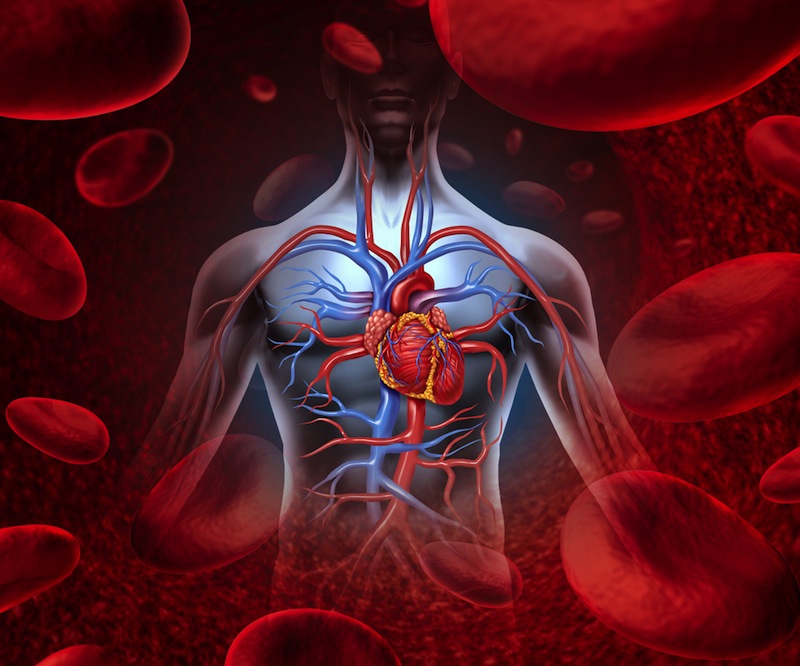Test for Stroke Risk Not Recommended

At some health fairs, people are offered a test that screens for a buildup of plaque in blood vessels in the neck, which can be a risk factor for stroke, but new guidelines recommend against such screening in people who do not have symptoms.
The screening test itself, which typically involves an ultrasound of arteries in the neck, is not invasive, but it has a high false positive rate, meaning it falsely indicates disease in people who do not have the condition, according to the guidelines from a government-appointed panel of experts known as the United States Preventive Services Task Force.
This means the screening can be harmful, because it can lead to unnecessary surgery and other treatments, which themselves come with a small risk of heart attack or stroke, the guidelines say.
The task force concluded that the harms of screening for the condition, known as carotid artery stenosis, outweigh the benefits. The guidelines reaffirm the 2007 recommendations from the task force, which also recommended against screening for carotid artery stenosis in the general population. [11 Surprising Facts About the Circulatory System]
Despite earlier recommendations "such screenings are offered throughout the country in health fairs and other settings," Dr. Larry B. Goldstein, a neurologist at Duke University in Durham, North Carolina, wrote in an editorial accompanying the guidelines. "Potential consumers of these services should be aware that the test is unlikely to prevent them from having a stroke or to lead to improvements in their health."
The guidelines do not apply to people who've had a stroke, transient ischemic attack ("mini-stroke") or other neurological symptoms in the past, the task force said.
The task force does recommend that people have other screening tests for risk factors for stroke, including blood pressure and cholesterol checks.
Get the world’s most fascinating discoveries delivered straight to your inbox.
Follow Rachael Rettner @RachaelRettner. Follow Live Science @livescience, Facebook & Google+. Original article on Live Science.

Rachael is a Live Science contributor, and was a former channel editor and senior writer for Live Science between 2010 and 2022. She has a master's degree in journalism from New York University's Science, Health and Environmental Reporting Program. She also holds a B.S. in molecular biology and an M.S. in biology from the University of California, San Diego. Her work has appeared in Scienceline, The Washington Post and Scientific American.


